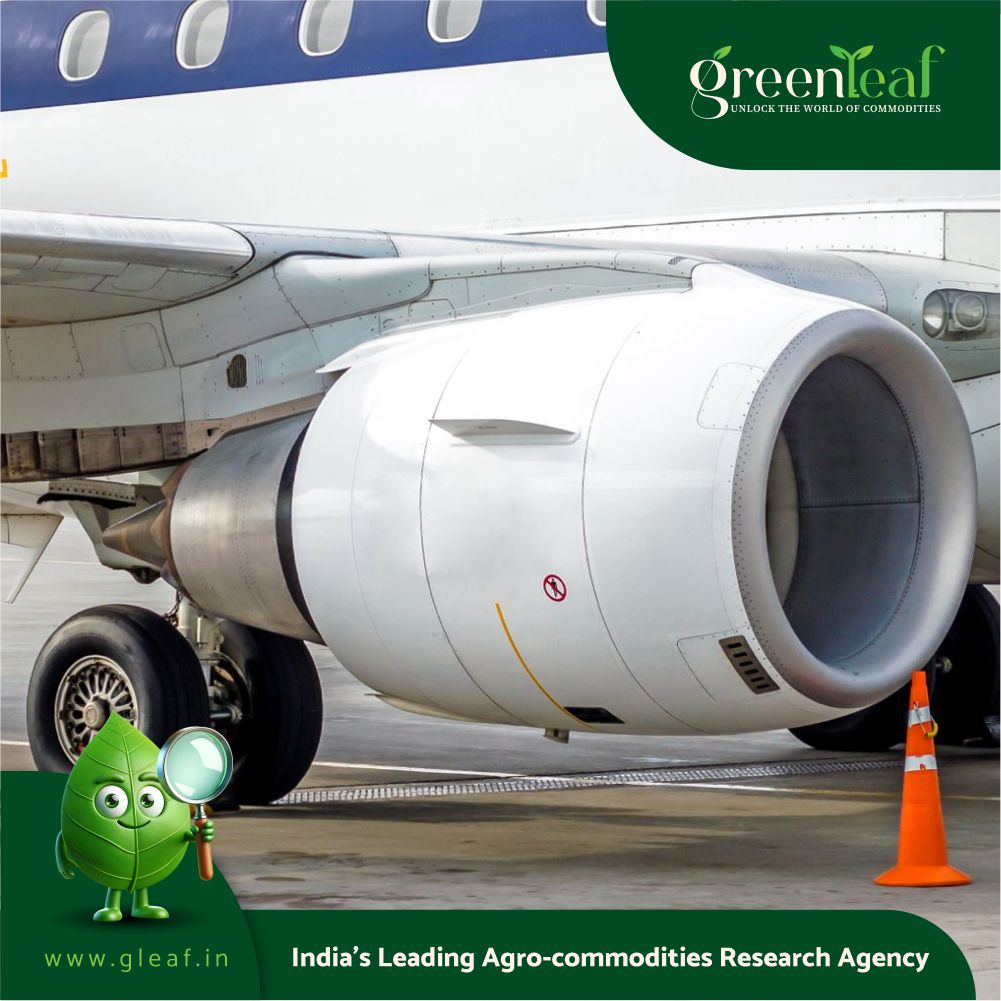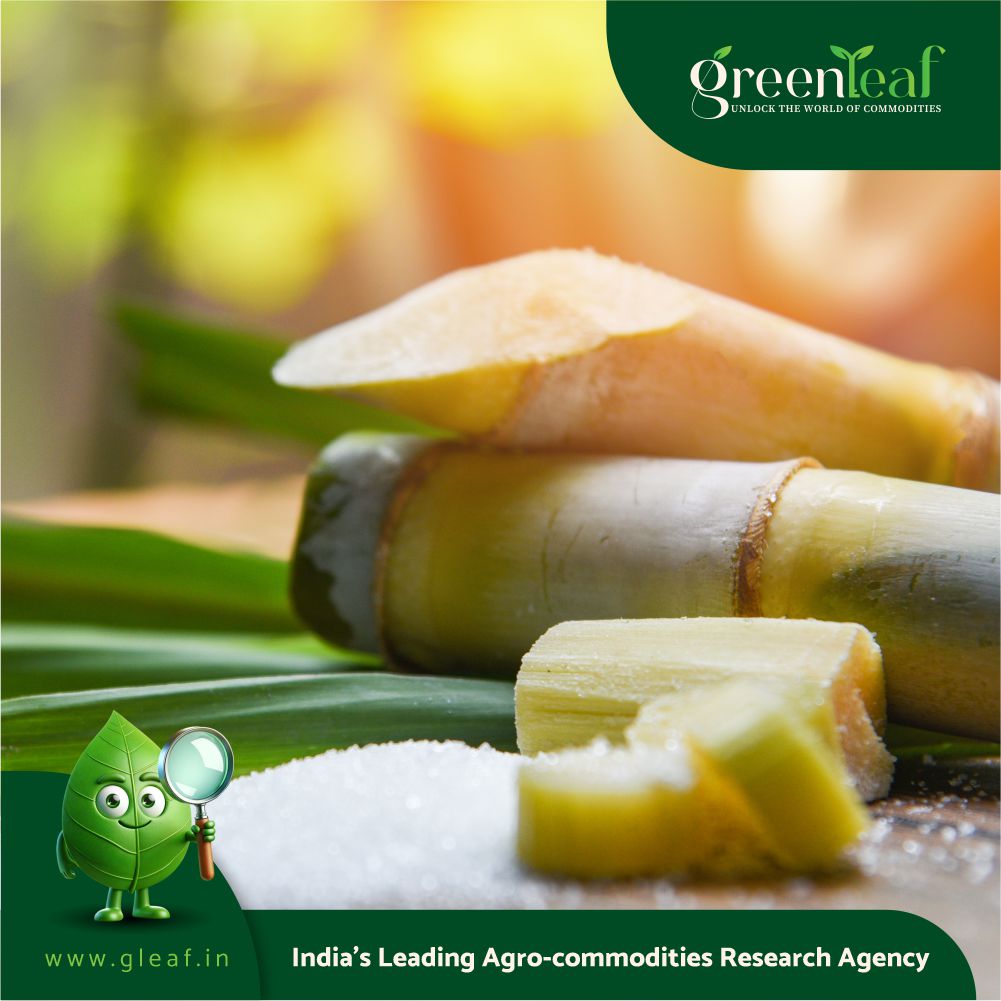Through its initiatives to incorporate sustainable aviation fuel (SAF) and encourage eco-friendly travel, Malaysia is demonstrating its commitment to a more sustainable and greener future. Datuk Seri Fadillah Yusof, the Deputy Prime Minister, has emphasized the importance of these initiatives and the need to address tourism-related emissions, especially those from aviation, which accounts for a significant amount of the sector’s direct emissions. With a bold plan in place, Malaysia hopes to take the lead in developing eco-friendly travel options and promote economic expansion by generating green jobs.
A Bold Step Towards Sustainable Aviation
The Malaysian government has set a landmark goal for the aviation sector by announcing the creation of the country’s first biomass-based Sustainable Aviation Fuel (SAF) facility, which is slated to begin operations in 2027. SAF, produced from sustainable resources such as waste oils and agricultural residues, holds the key to reducing aviation emissions, with the fuel being considered one of the most crucial decarbonisation tools in the industry.
According to the International Air Transport Association (IATA), the global SAF output is expected to double in 2025, though it currently accounts for only 0.7% of total airline fuel use. Malaysia’s investment in SAF production will not only provide a cleaner alternative to traditional jet fuels but also create a new sector within the economy, leading to high-value jobs and sustainable industry growth.
The Deputy Prime Minister further highlighted that collaboration on a multilateral scale is essential for the successful decarbonisation of the global aviation industry. Malaysia’s role in this larger context is crucial, as no single nation can shift an industry of aviation’s magnitude alone. Fadillah stressed that such efforts are necessary not only for the country’s sustainable future but for the global community.
Nature as the Cornerstone of Malaysia’s Tourism Strategy
Tourism in Malaysia is intrinsically linked to its abundant natural resources, with the country being one of the world’s 12 megadiverse nations. Malaysia is home to over 15,000 plant species and 175,000 species of fauna, which make it an unparalleled destination for nature-based tourism. Fadillah emphasized the importance of protecting the country’s rainforests, mangroves, and coral reefs, not only for national pride but also as a shared global responsibility. These ecosystems, when preserved, become powerful magnets for tourists, while supporting the livelihoods of local communities.
The government has also made it clear that tourism in Malaysia will be shaped around sustainability and environmental stewardship. This approach is already being implemented through several pioneering initiatives, including sustainable coastal tourism projects in Mersing, Johor. Once a modest fishing village, Mersing has transformed into a leader in sustainable tourism practices. The village is now preparing to host Malaysia’s first UN-recognised sustainable tourism observatory under the International Network of Sustainable Tourism Observatories.
Embracing Nature-Based Tourism
Malaysia is focusing on nature-based tourism as one of its high-priority segments. This approach taps into the growing demand for eco-tourism, which is seen as a way to protect natural heritage while providing meaningful travel experiences. Along with nature tourism, the country is also investing in other promising travel segments, including adventure tourism, Muslim-friendly services, medical and wellness tourism, educational journeys, business events, and digital-nomad hubs. These initiatives reflect Malaysia’s commitment to creating diverse, sustainable tourism experiences that benefit both visitors and local communities.
Innovation in Sustainable Tourism Practices
Minister of Tourism, Arts and Culture Datuk Seri Tiong King Sing, in his address at the World Tourism Day (WTD) and World Tourism Conference (WTC) 2025, called for a more proactive approach in addressing global tourism challenges. He pointed out that the sector must confront hard truths and avoid the trap of merely making statements without delivering tangible outcomes. He stressed that innovation in tourism is not a luxury but a necessity, as global tourism faces several pressures such as over-tourism, inequality in tourism benefits, and environmental sustainability challenges.
Malaysia has already begun implementing innovative solutions to address these concerns. For instance, in Sabah, the Miso Walai Homestay is not only preserving rainforest ecosystems but also supporting over 350 families. In Penang, the reinvestment of tourism receipts into conservation and local training programs further highlights the country’s focus on sustainable development. Meanwhile, the Mersing tourism observatory is expected to provide valuable data-driven insights into coastal sustainability efforts, allowing for better management and more informed decision-making in the future.
National Sustainability Indicators for Tourism
To ensure that sustainability efforts are on track, the Ministry of Tourism, Arts, and Culture is piloting the United Nations Tourism Sustainability Indicators (MST). This initiative is part of Malaysia’s commitment to embedding sustainability measures into the Tourism Satellite Account, a tool used to track the economic and environmental performance of the tourism sector. With these indicators, Malaysia aims to achieve transparent, measurable progress on its sustainability goals, ensuring that tourism growth does not come at the expense of the environment or local communities.
Commitment to Green Certifications and International Standards
In line with global efforts, Malaysia encourages businesses in the tourism sector to adopt international sustainability benchmarks such as the Global Sustainable Tourism Council (GSTC), Environmental, Social, and Governance (ESG) principles, B-Corp certification, and participation in the International Network of Sustainable Tourism Observatories (INSTO). Malaysia’s recognition of five hotels with ASEAN Green Hotel Awards this year reflects the growing emphasis on sustainability within the local hospitality industry.
The Path Forward: Inclusive Growth with Environmental Responsibility
The government of Malaysia is clear about its priorities as it continues to steer the country toward sustainable tourism and aviation. In addition to increasing tourism, the objective is to do so in a way that benefits local communities, is inclusive, and is environmentally conscious. According to Tiong, sustainable growth in the tourism industry is crucial for the long-term well-being of both the industry and the environment.
To sum up, Malaysia has a bold, multipronged strategy for sustainable tourism and aviation that incorporates community engagement, innovation, and environmental preservation. The nation is establishing itself as a global leader in the development of sustainable tourism as it strives to reach its 2027 SAF milestone and expands its ecotourism offerings. In addition to protecting Malaysia’s natural beauty, this dedication to sustainability will provide its people with long-term economic opportunities, guaranteeing that tourism will flourish for many more generations.















